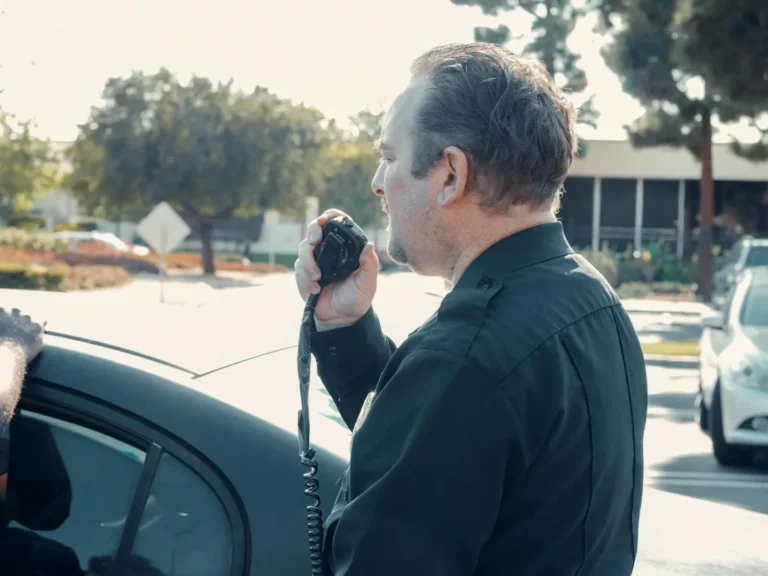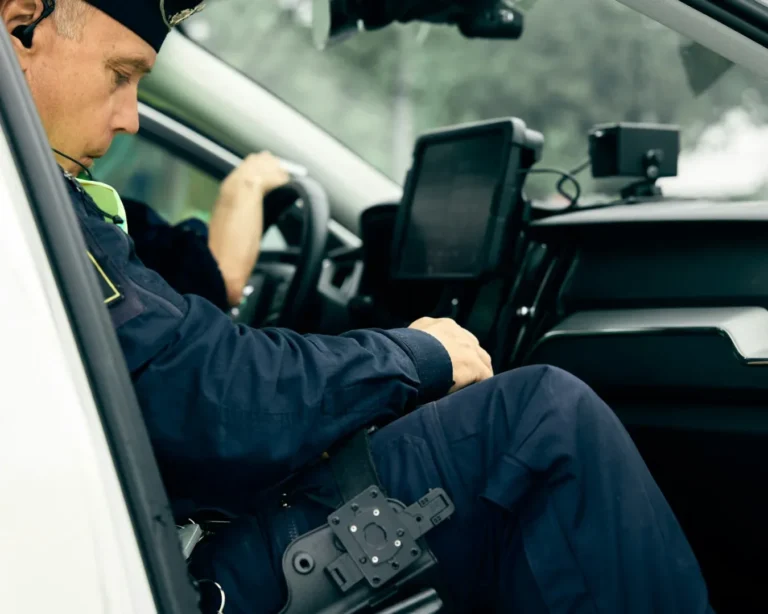Can I Take a Lie Detector Test to Prove My Innocence
1. Have you ever found yourself in a situation where your integrity was questioned and you wished you could prove your honesty beyond a shadow of a doubt? At ReedsAndReeds, as experienced divorce lawyers, we understand the intense pressure and desperation that such circumstances can create. Can a lie detector test be the answer to clear your name? Join us as we delve into this intriguing question and explore whether polygraphs are a viable option to demonstrate your innocence.
As indicated in the National Institute of Justice, lie detector tests are not always reliable and are not always accepted in court. Polygraph results can be inaccurate and can be affected by nervousness or other factors. Consult a lawyer before deciding to take a lie detector test.
What is a Lie Detector Test?
Lie detector tests, or polygraph tests, gauge physiological responses to determine truthfulness during questioning.
Typically, the test works on the idea that when someone tells a lie, their heart rate, blood pressure, breathing, and sweating might change. Sensors are put on the person’s body to watch these changes during the test. The person is asked different questions, some designed to cause strong feelings. The examiner looks at the data from the sensors to see if there are signs of lying.
As a rule, it’s important to know that lie detector tests aren’t perfect and often can’t be used as evidence in court. Critics say the tests aren’t always accurate and can be affected by things like nervousness or anxiety. Still, some employers, government agencies, and police use lie detector tests as part of their checks.
How Lie Detector Tests Work
Lie detector tests, or polygraphs, function by monitoring physiological signals such as heart rate, blood pressure, and respiration, which are thought to change when a person is being deceptive.
Generally speaking, during a lie detector test, sensors monitor a person’s heart rate, blood pressure, breathing, and sweating while they answer questions. These body responses tend to increase when someone is lying because lying usually causes stress and anxiety.
The person running the test looks at the data to find patterns or changes in the body’s responses. If these responses change a lot for specific questions, it might mean the person is lying. But, it’s important to remember that lie detector tests aren’t always right. To be brief, many things, like the person’s mental health, medication, or the skills of the tester, can affect the results. Some people can even control their body responses to trick the test.
Lie detector tests aren’t perfect and aren’t allowed as evidence in all courts. Still, police and government agencies sometimes use them to help with investigations. However, while they can give useful information, they aren’t completely reliable and should be used carefully.
Accuracy of Lie Detector Tests
Looking at what was said before, lie detector tests can be wrong about 10 to 15 percent of the time.
All in all, these tests look at things like heart rate, blood pressure, and breathing to see if someone is telling the truth. But these signs can also be caused by stress, fear, or anxiety, leading to false results. The person’s mental state, how the examiner reads the results, and the test conditions can all affect how accurate the test is.
If you think about it, also, some people can control their physical responses or stay calm under pressure, making it hard for the test to catch lies. So, while lie detector tests can be helpful sometimes, they are not perfect and shouldn’t be the only way to decide if someone is truthful.
Legal Implications of Lie Detector Tests

Adding to what was earlier stated lie detector tests, or polygraphs, are often inadmissible in court due to their questionable reliability and the potential for them to violate an individual’s Fifth Amendment rights.
To put it simply, lie detector tests are often used by police and government agencies, but the laws around them can be tricky.
One big problem is that lie detectors aren’t always reliable. They track things like heart rate, blood pressure, breathing, and skin response to see if someone is lying. But these reactions can also happen if a person is just nervous, which can lead to wrong results.
In many legal systems, lie detector results aren’t always allowed in court because the technology isn’t foolproof. By definition, some places don’t allow these test results in court at all, while others only accept them as part of a bigger collection of evidence.
Using lie detectors for things like job interviews or workplace investigations can also raise privacy issues. In some areas, people can say no to a lie detector test without getting in trouble, but in other places, saying no might make them look guilty.
So, the legal rules about lie detectors change from place to place and depend on the situation. People need to know their rights and think about talking to a lawyer before agreeing to take a lie detector test.
Should You Use a Lie Detector Test?
Going back to what we concluded, lie detector tests are often unreliable for determining if someone is telling the truth.
Essentially speaking, lie detectors can check body responses that might show someone is lying, but these responses can also happen due to being anxious or stressed. Experts argue about how accurate these tests are, with some research saying they are only a bit better than guessing.
If you think about it, many courts don’t accept lie detector results as evidence, which raises more doubts about their value. It’s also worth thinking about the ethics of using these tests, as they can invade a person’s privacy and freedom.
Verdict
Continuing from earlier talks, in conclusion, while a lie detector test may seem like a viable option to prove one’s innocence, it is not admissible in court and may not always be accurate.
What ReedsAndReeds is recommending is, it is important to consult with a legal professional and explore other options for establishing innocence. Ultimately, the decision to take a lie detector test should be made carefully and with full understanding of its limitations.







